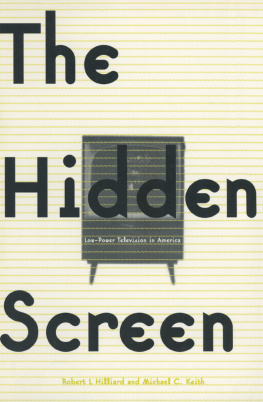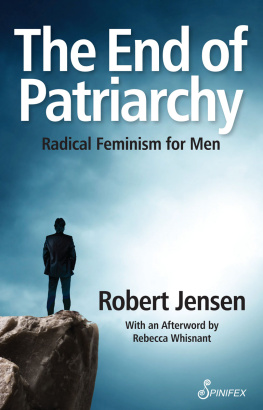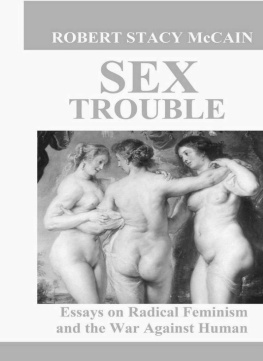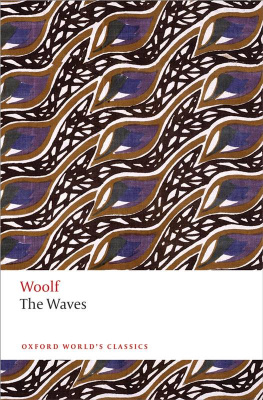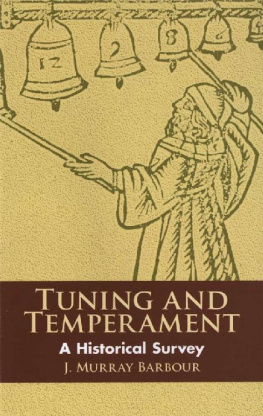First published 1999 by M.E. Sharpe
Published 2015 by Routledge
2 Park Square, Milton Park, Abingdon, Oxon OX14 4RN
711 Third Avenue, New York, NY 10017, USA
Routledge is an imprint of the Taylor & Francis Group, an informa business
Copyright 1999 Taylor & Francis. All rights reserved.
No part of this book may be reprinted or reproduced or utilised in any form or by any electronic, mechanical, or other means, now known or hereafter invented, including photocopying and recording, or in any information storage or retrieval system, without permission in writing from the publishers.
Notices
No responsibility is assumed by the publisher for any injury and/or damage to persons or property as a matter of products liability, negligence or otherwise, or from any use of operation of any methods, products, instructions or ideas contained in the material herein.
Practitioners and researchers must always rely on their own experience and knowledge in evaluating and using any information, methods, compounds, or experiments described herein. In using such information or methods they should be mindful of their own safety and the safety of others, including parties for whom they have a professional responsibility.
Product or corporate names may be trademarks or registered trademarks, and are used only for identification and explanation without intent to infringe.
Library of Congress Cataloging-in-Publication Data
Hilliard, Robert L.
Waves of rancor : tuning in the radical right / Robert L. Hilliard and Michael C. Keith.
p. cm. (Media, communication, and culture in America)
Includes bibliographical references and index.
ISBN 0-7656-0131-1 (hardcover : alk. paper)
1. BroadcastingPolitical aspectsUnited States. 2. Talk showsUnited States. 3. ConservatismUnited States. I. Keith, Michael C. II. Title. III. Series.
PN1990.6.U5H49 1999
302.230973dc21 98-45397
CIP
ISBN 13: 9780765601315 (hbk)
Standing, as I do, in the view of God and eternity I realize that patriotism is not enough. I must have no hatred or bitterness towards anyone.
Edith Cavell
The most convenient way to organize recent American cultural life is to visualize a dominant conservatism.
Robert M. Crunden
Congress shall make no law respecting an establishment of religion, or prohibiting the free exercise thereof, or abridging the freedom of speech, or of the press; or the right of the people peaceably to assemble, and to petition the Government for a redress of grievances.
The First Amendment to the U.S. Constitution
The M.E. Sharpe book series Media, Communication, and Culture in America is designed to explore the massive transformations that have occurred as a consequence of the changes in communication technology and the enlarged role that communication has played in American life. The emphasis is on communication, but the series attempts to examine the interstices of media and culture and to explain the broader patterns of communication in everyday life.
The diversity of topics that fall within the domain of communication continues to grow. The topics frequently are interdisciplinary. The issues focus upon a world now being reconfigured by the revolution in communication and where the speed and variety of communication transactions promise to open up a new frontier in American life. These changes allow us not only to imagine a future that is shaped by communication; we also are able to reexamine the past and reassess the distinctive role that communication has played in our cultural heritage. The objective of the series is to convey communications diversity, to analyze its past, and to forecast its unfolding revolution.
The first book in the series is Waves of Rancor: Tuning In the Radical Right by Robert L. Hilliard and Michael C. Keith. One of the more durable aspects of American democracy is that individuals and groups who feel disenfranchised have been able to join together to articulate their discontent. Sometimes these social movements have become a religious crusade; sometimes they have developed a psychological stance that borders on what historian Richard Hofstadter has called the paranoid style of American politics. Typically, the groups identify villains and scapegoats, level attacks against unscrupulous and scheming leaders, and bolster their own patriotism by depicting a vision of a glorious millennial era attached to some bygone period in American history. What is distinctive about these groups in the 1990s is their use of modern mediaradio, television, cable, and the Internetto convey their message.
Hilliard and Keith have written a significant book. They have unearthed sources and documentary evidence that had been unknown. This is a study based primarily on original source materials. The authors examine the current embodiments of the Radical Right from the congenial faces of Rush Limbaugh and the Christian Coalition to the extremist groups that openly advocate terrorist tactics to obtain their objectives. Hilliard and Keith provide us with a counterintuitive observation about the rancor of the right that is penetrating and insightful: Modern media have not created a homogeneous society. Rather, they have permitted the Right to use the by-products of modern communication to legitimize their activities and to unite members who previously would have encountered substantial barriers to communication.
This is a groundbreaking book. It is clearly written, it is well researched, and it tells an engaging story. Hilliard and Keith discuss the Oklahoma City bombing as the high tide of right-wing rancor. But the story that the authors convey indicates that the movement has the ability to reinvent itself and that the power to persuade has increasingly gained adherents for splinter groups on the Right. Hilliard and Keith are strong supporters of the First Amendment. They provide us with astute glimpses of the code words, hate speech, and escalated levels of intimidation that flow from right-wing activists. In Waves of Rancor, Hilliard and Keith construct a compelling account of an important social phenomenon in American life where culture, communication, and media converge.
Donald Fishman
Boston College
In 1940 on a Brooklyn, New York, street corner a preteen argued vociferously with another preteen. You killed Christ, the first youth cried passionately. You Jews killed Christ and now Germany is punishing you for it. You deserve to be punished.
I didnt kill anybody, the Jewish youth answered. Why are you blaming me? Why should the Jews be punished?
Because Father Coughlin said so, came the response. I heard it on the radio. We know all about you Jews from Father Coughlin. My family listens to Father Coughlin on the radio all the time.
In 1952 a student in a radio programming college course on Long Island confronted a teacher who had assigned students several talk and news shows to analyze for the class. Are you a communist, sir? the student demanded. You want us to listen to different talk shows on the radio, including the Barry Gray show on WMCA, and hes a communist. I dont want to listen to any communist propaganda.




